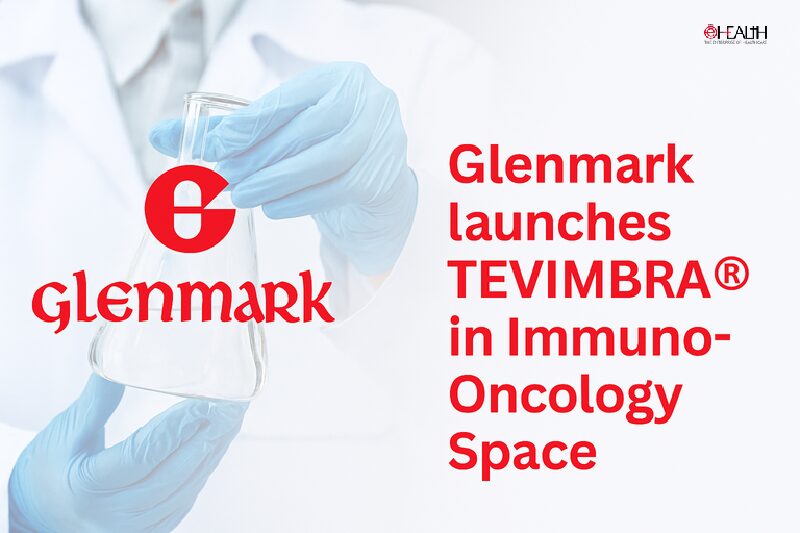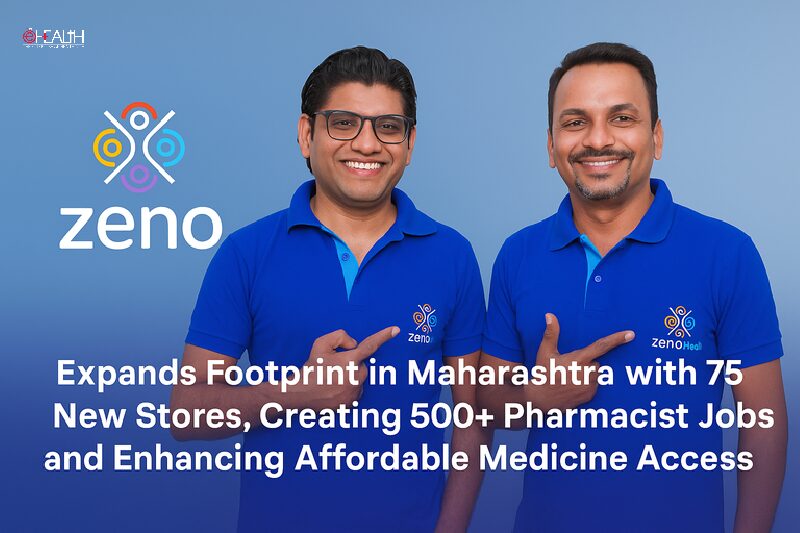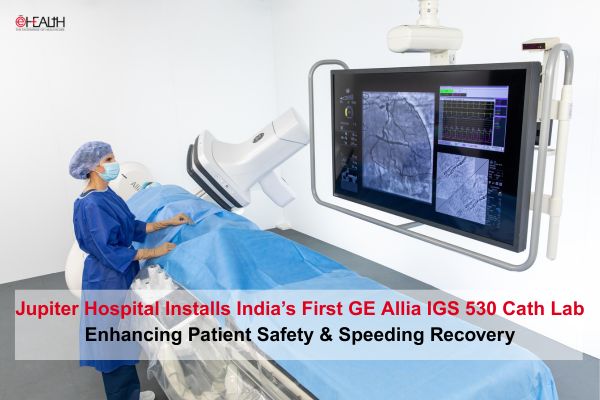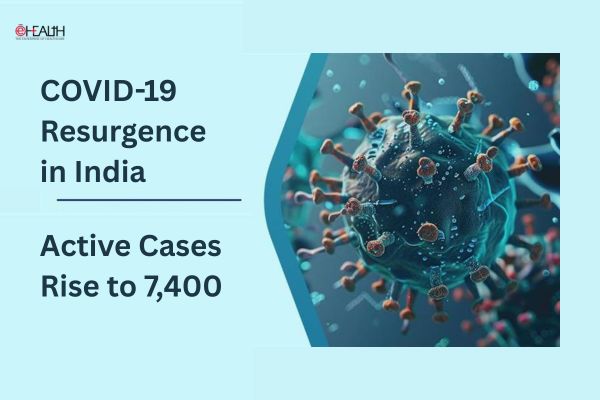
Researchers from the Indian Institute of Technology (IIT) Guwahati, in collaboration with the University of Animal and Fishery Sciences, Kolkata, have unveiled groundbreaking treatment solutions for knee meniscus tears, a historically challenging orthopedic injury to address. These regenerative therapies offer personalized approaches for each patient, potentially averting future complications like osteoarthritis.
Knee meniscus tears pose significant challenges due to their complexity and limited natural healing capacity, often resulting in discomfort and mobility issues for individuals. However, the collaborative efforts of experts have led to the development of three innovative treatment solutions, marking a significant advancement in orthopedic care.

Led by Prof. Biman B. Mandal from the Department of Biosciences and Bioengineering at IIT Guwahati, the research team has devised regenerative treatment approaches tailored to individual patients. These solutions aim to expedite the healing process of meniscus tears or replace damaged tissue, considering factors such as age-related variations in meniscus shape and size.

The team’s findings have been documented in three manuscripts published across Applied Materials Today and Advanced Biology journals. Co-authored by Prof. Mandal and his research scholars along with collaborators from the University of Animal and Fishery Sciences, Kolkata, the research showcases the efficacy of these tailored therapies in addressing meniscus injuries.

Discussing the significance of the research, Prof. Mandal emphasized, “We have developed regenerative treatment approaches that would be tailored for the patient and help in rapid healing meniscus tears or replacing parts of the damaged tissue. Our problem statement also accounts for the shape and size variability of the meniscus in patients of different age groups and is a source of growth factors for better healing.”

Central to the innovative treatments are three hydrogel formulations comprising silk fibroin and other polymers, known for their strength, bioactivity, and flexibility. These formulations offer cost-effective alternatives to commercially available materials and can be utilized for various meniscus injuries.
Among the developed solutions is an injectable hydrogel for minimally invasive treatment of smaller injuries. Additionally, two 3D bio-printable inks have been formulated for larger, complex meniscus tissue injuries. These bioinks, containing growth factors and patient-derived factors, facilitate sustained release, promoting faster meniscus healing.
Moreover, the utilization of 3D printing technology enables the customization of implants according to individual patient requirements, enhancing the efficacy and precision of treatment.
Prof. Mandal highlighted the urgency for personalized, affordable 3D meniscal implants, addressing the limitations of artificial and synthetic implants. By offering tailored regenerative therapies, the research aims to alleviate pain, improve mobility, and prevent osteoarthritis, ultimately enhancing the quality of life for millions of individuals affected by meniscus injuries.
The research received funding support from SERB and DST, underscoring the collaborative efforts and commitment to advancing orthopedic care.
Be a part of Elets Collaborative Initiatives. Join Us for Upcoming Events and explore business opportunities. Like us on Facebook , connect with us on LinkedIn and follow us on Twitter , Instagram.
"Exciting news! Elets technomedia is now on WhatsApp Channels Subscribe today by clicking the link and stay updated with the latest insights!" Click here!
















